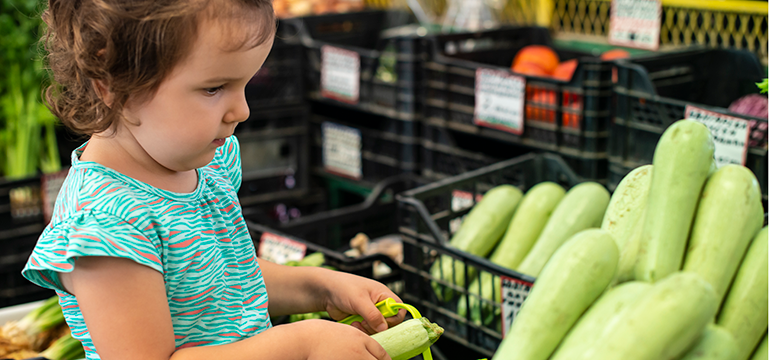Local community visits provide opportunities to enrich children’s learning experiences

Quick links:
Information about the setting
Cylch Meithrin Ynys y Plant, Felinfach is registered to care for 12 children between two and four years old. It meets in a self-contained cabin on the grounds of Ysgol Gynradd Felinfach, in Ceredigion local authority. The setting provides education five mornings and five afternoons a week during term time. During the inspection, 14 of the three-year-old children received funding for early years education.
The setting is a Welsh-medium setting, and many children come from monolingual Welsh households. The setting is run by two members of staff. The leader has been in post for three years.
Context and background to the effective or innovative practice
Practitioners provide a wide and exciting range of interesting learning experiences that engage children’s interest successfully. The leader has a robust vision for children to learn to the best of their ability in a stimulating and motivating environment that is relevant to their community. As a result, most children make strong progress across all areas of learning. Practitioners plan skilfully to use the community and visitors to enrich experiences in order to develop extended oral skills and multicultural traditions, in addition to Welshness and heritage. This has a lively effect on children’s learning, which ensures high standards when getting to know their local area.
Description of the nature of the strategy or activity
Cylch Meithrin Ynys y Plant, Felinfach is an integral part of the local community, and takes advantage of every opportunity to enrich children’s learning experiences and to develop new skills. Children are given regular opportunities to visit the shop, garage and local agricultural supplier, where they use money to buy goods for their activities. For example, they visit the shop to buy ingredients to bake cakes or make food for the birds. This provides them with an opportunity to learn about the function of money, in addition to developing their numeracy skills by counting. These beneficial opportunities also promote their literacy skills successfully by speaking confidently and politely with other adults. Practitioners plan regular visits by people from the community; for example, a farmer brought a piglet to the setting to celebrate the Chinese New Year and promote their understanding of mathematical language as the children measured it. As a result, children are given excellent opportunities to learn about the circle of life and nature. These experiences have also had a very positive effect on developing children’s rich and extensive language.
Practitioners ensure very effective experiences for children to develop their spiritual, moral, social and cultural skills by taking advantage of the local area. They do this by organising a series of visits to the local church, in order for the children to familiarise themselves with the building and learn how to behave in a sacred place. This is developed further through regular visits by the parish vicar to familiarise the children with traditions such as the Harvest festival, Christmas and Easter. These opportunities are extended to parents in order for them to familiarise themselves with the wider community. The setting has a very strong partnership with parents, which has a positive effect on children’s standards. Parents work successfully with practitioners to contribute to themes regularly. A good example of this strong partnership is parents’ contribution to the Owain Glyndŵr theme or the Rugby World Cup theme. This has extended children’s ability to discuss their work and experiences in their homes. This has added to children’s oral maturity, in addition to developing parents to play an active part in the setting’s life.
What impact has this work had on provision and learners’ standards?
Practitioners provide a range of rich learning experiences in the community, which engage pupils’ excitement and enthusiasm successfully. By visiting places of interest and inviting visitors to share their experiences, children are encouraged to respond at length orally very effectively. They are given very beneficial opportunities to extend their numeracy skills by buying cooking ingredients and using money in real-life situations.
Regular visits to local gardens raise children’s awareness of plants’ life cycle and nature successfully. This enriches their understanding of their habitat and the world around them exceptionally well, as they notice the flowers during every visit.
How have you shared your good practice?
Good practice is shared in training for non-maintained practitioners and schools in the authority.